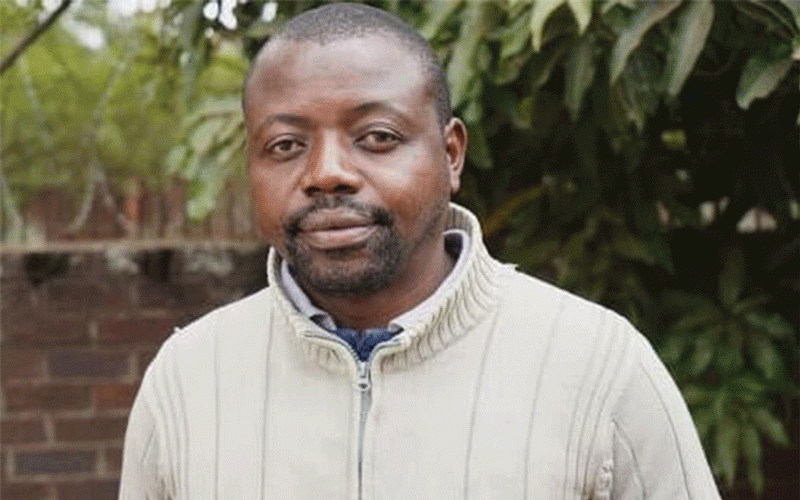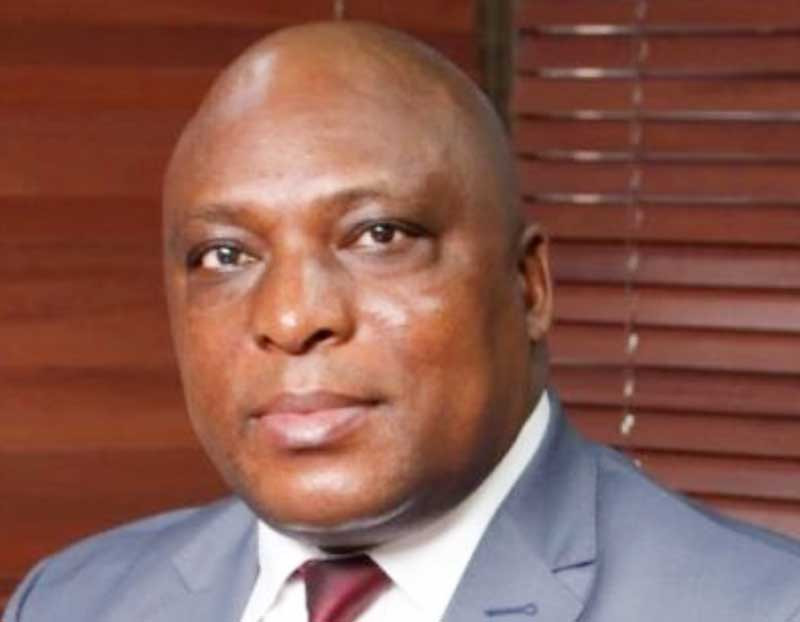
Judges are human — like each and every one of us. They can — and do make – monumental mistakes. So, they are not above criticism.
Report by Conway Tutani
It should also be mentioned that some judges are plainly incompetent as found in every profession. How many doctors have been deregistered on those grounds? This includes journalists — even editors — who, for instance, can’t discern defamation; who don’t know that they don’t know.
Equally, some lawyers — appropriately degreed as they are — are thoroughly incompetent, resulting in their clients being remanded in custody for bailable cases and being imprisoned for otherwise non-jailable offences.
Last week’s “controversial” ruling by the Constitutional Court fitting in well with Zanu PF’s determination to hold early elections despite unfulfilled conditions for a free and fair poll has brought the country’s Judiciary under the spotlight. Is the Judiciary peopled by persons with a sense of justice, fairness and realism?
People like Deputy Prime Arthur Mutambara have come to the defence of the decision on dubious grounds of sovereignty, saying foreigners can’t change our laws, in a thinly-veiled attack on South African President Jacob Zuma who, as the mediator in the Zimbabwe crisis, has said with or without the court ruling, the agreed electoral roadmap has to be followed, that the ruling does not nullify the roadmap. This is rational and reasonable. Yes, the court decision is binding, but it is not sacrosanct; it’s not beyond criticism; it cannot stand forever.
Mutambara’s outburst could be traced to the fact that he has beef with Zuma for shutting him out at a Sadc summit as not a principal in the inclusive government.
Which brings me to the next point. People without a sense of justice must stop masquerading as judges. There is need for conscientiousness, professionalism, independent-mindedness, integrity and fearlessness. The Judiciary must be a stand-alone, not operate as a mere appendage of the Executive, ie, the Presidency, and, by extension, the ruling party.
- Chamisa under fire over US$120K donation
- Mavhunga puts DeMbare into Chibuku quarterfinals
- Pension funds bet on Cabora Bassa oilfields
- Councils defy govt fire tender directive
Keep Reading
We need amadoda sibili/varume chaivo/real men like Joaquim Barbosa, a Brazilian judge who last year presided over the country’s largest political corruption trial and then became the first black president of the Supreme Court. Barbosa was appointed to the Supreme Court in 2003 by then President Lula da Silva. The fiercely independent judge apparently did not feel indebted. In the face of a long tradition of judicially tolerated corruption, he oversaw a landmark trial involving a US$35 million vote-buying scheme that last year convicted many of Lula’s closest associates. Hailed by a newspaper as “the poor boy who changed Brazil”, Barbosa was sworn in as president of the court a month later. Here High Court judge Justice Charles Hungwe is under probe prompted by his issuance of warrants to search the offices of three Cabinet ministers and that of an apparently untouchable head of a parastatal. Before this, Barbosa accused the court’s then president of destroying justice with notorious delays. Does that sound familiar? It should because the MDC-T’s poll challenge from 2002 is still to be resolved. Does Bishop Trevor Manhanga know about this when he says we should all “walk the talk” about the rule of law and unquestioningly accept the Constitutional Court’s ruling?
“The Reverend Herring — sorry, the reverend erring.” (Quote borrowed from Robert Mugabe before independence). It is this apparent — some will say blatant, brazen, crass, crude, patent, pathetic — selectiveness that MDC-T leader Morgan Tsvangirai pointed out this week, when announcing a grand coalition of parties to ensure the roadmap is adhered to.
Said one person this week: “Murambatsvina was justified and you can take the government to court and see who wins.” Yes, the government can win in court, but that doesn’t necessarily make it right; you can be right before the courts when you are wrong. After all, the law is man-made and can be loaded to serve and protect vested interests. During Rhodesia, whites won again and again in court against the black majority, but did that make it right? Let’s demystify courts — they are presided over by mere human beings capable of error and bias.
We need people like the late United States jurist William Wayne Justice whose landmark rulings have safeguarded the rights of minorities, the poor and the politically powerless. The decisions — made during a time of racial turmoil in the country in the 1960s — addressed race discrimination in schools and housing, inhumane treatment in public facilities, and the dilution of voting rights in Texas. He had his heart in the right place. This made him highly unpopular with the white establishment whose treatment of blacks was similar to apartheid South Africa.
There is need for such breed of judges who are original and revolutionary in thinking; who are not solely after the prestige and perks of office; who don’t go out of their way to ingratiate themselves to the system; who don’t merely affirm whatever the system says and does. Sadly, some judges here don’t seem to appreciate this nuance, making the Judiciary indistinguishable from the Executive (Presidency) and the real power in Zimbabwe — Zanu PF. This raises fundamental questions about democracy, trust, the nature of statesmanship, about equality, authority, responsibility and ideology.
One of the top state officials whose political boss Justice had often quarreled with said this after the jurist’s death in 2009: “Judge Justice dragged Texas into the 20th century. God bless him. He was very unpopular, but he was doing the right thing.” Justice chose justice over co-option, over compliance, over collaboration, over complicity.
Where are you, Justice Wilson Sandura? [email protected]











